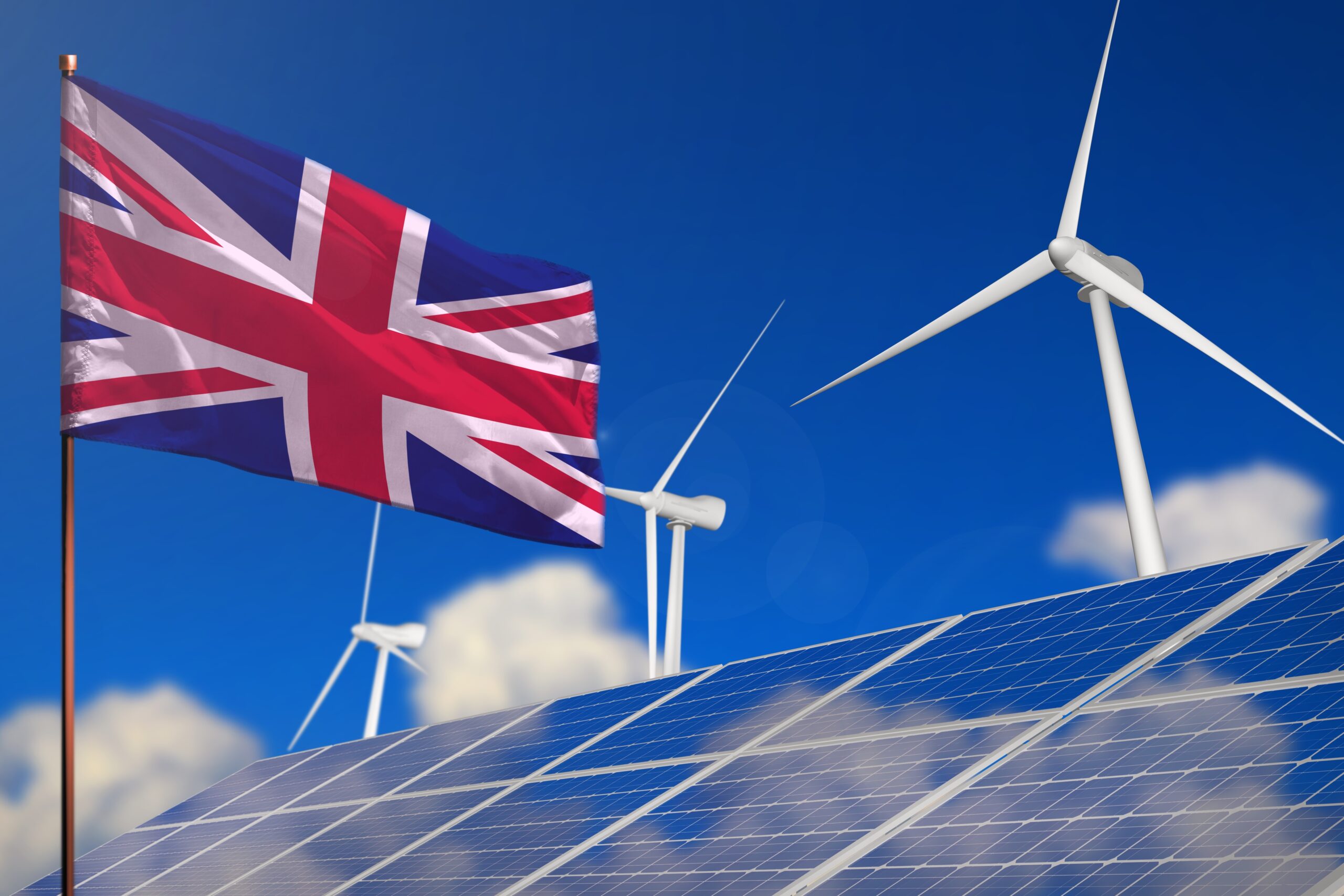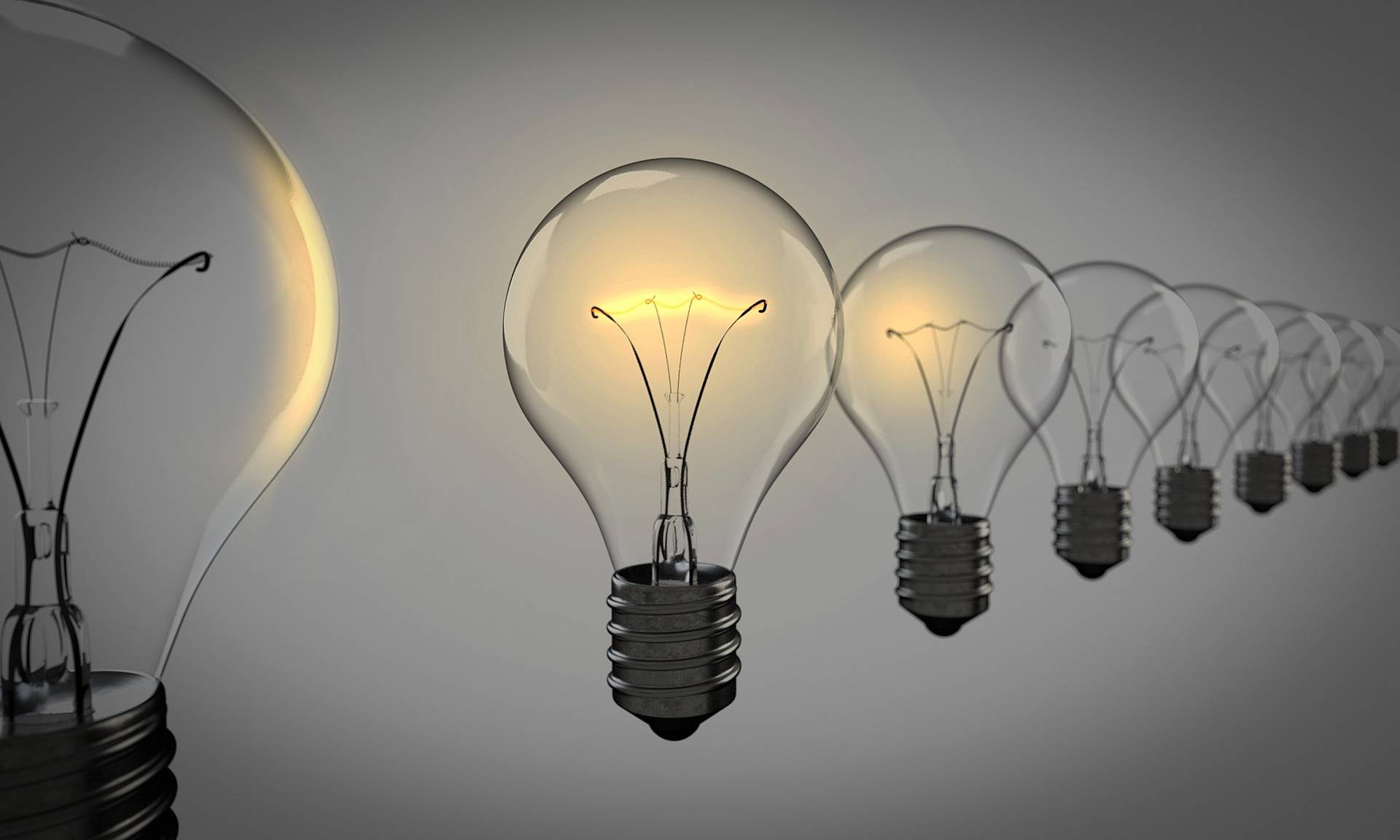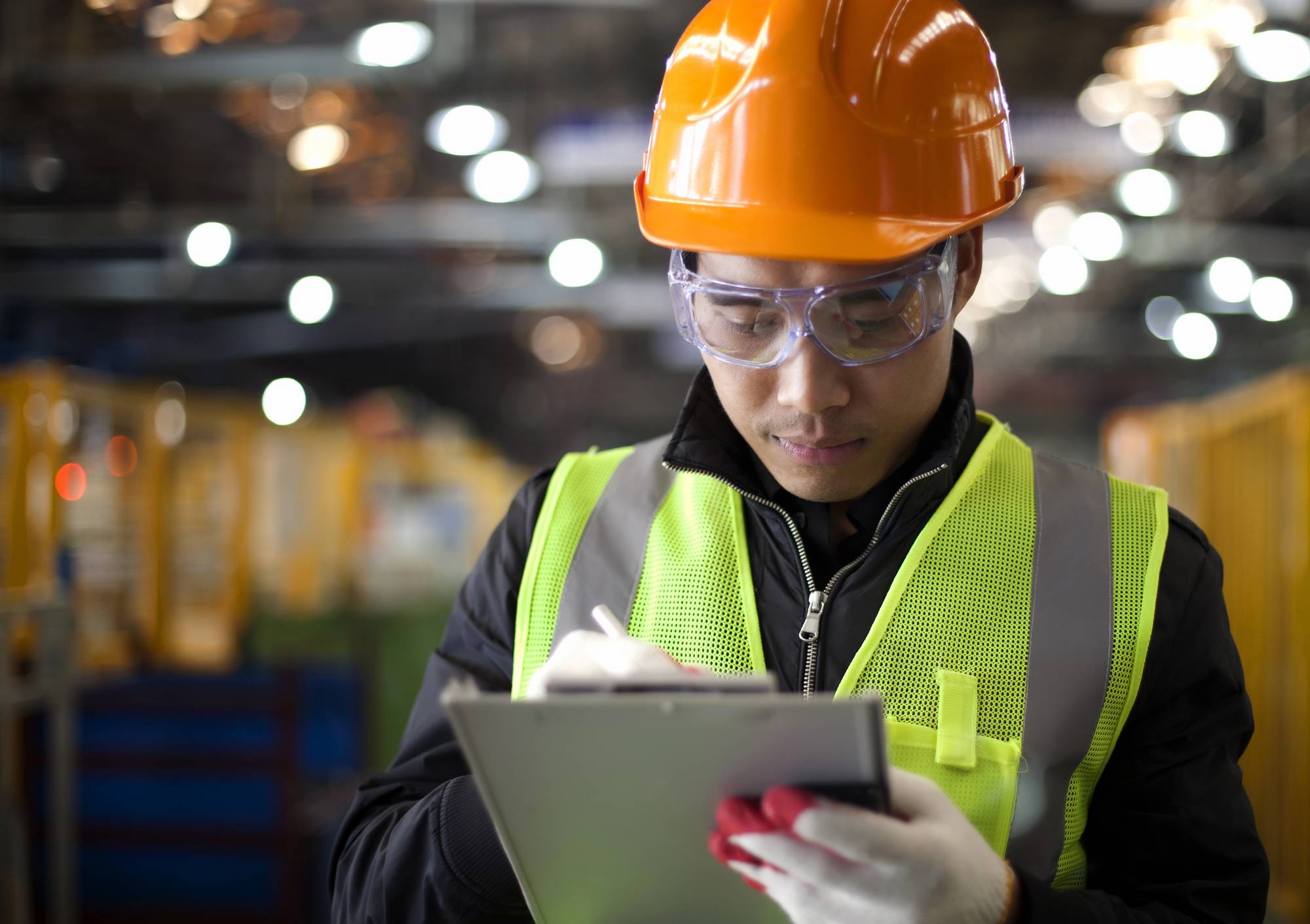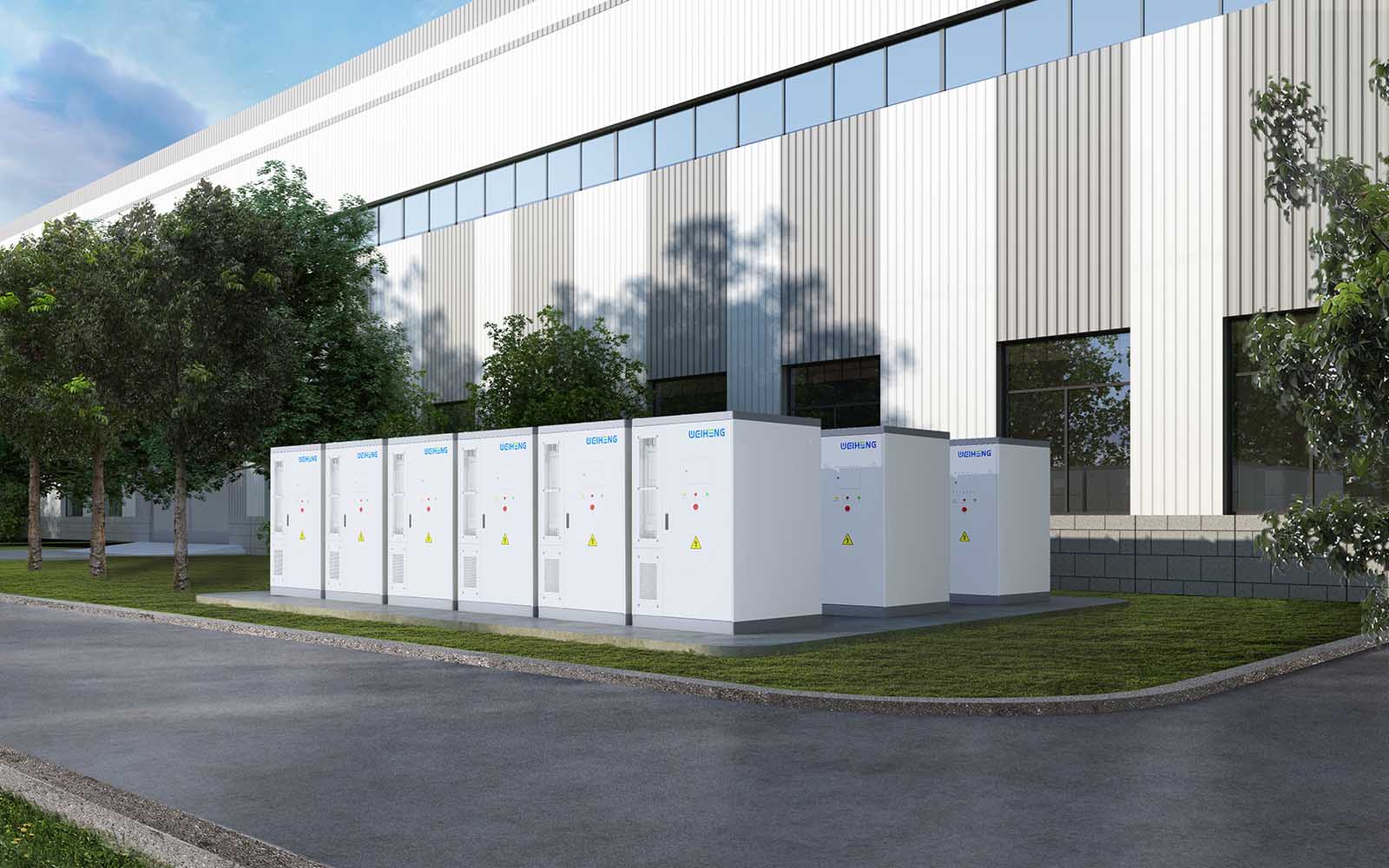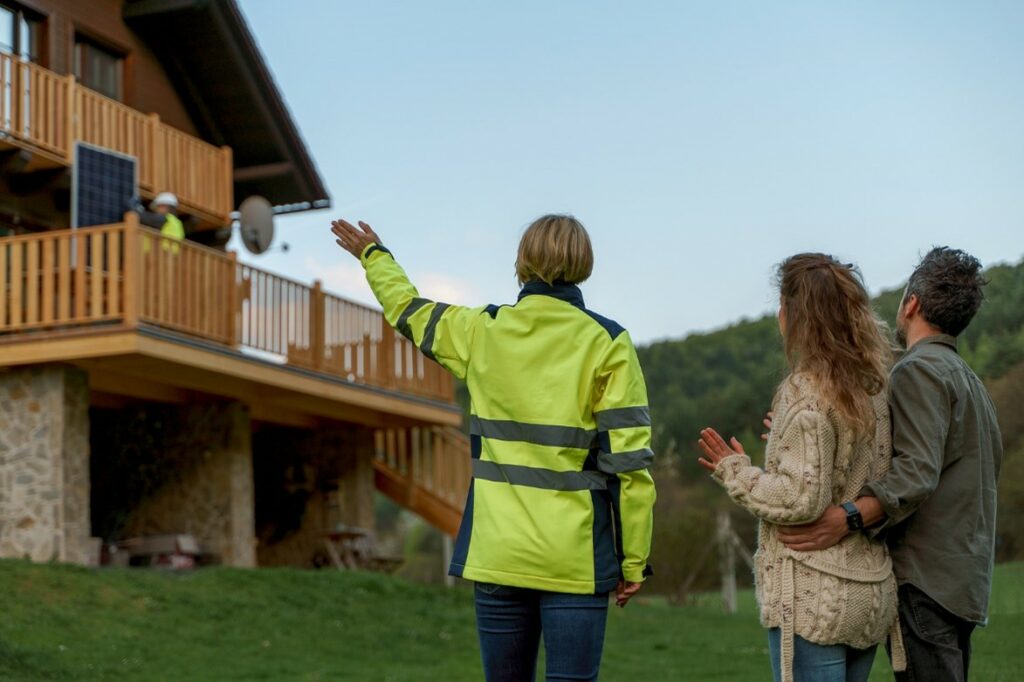
The decision to move to solar energy comes with a lot of considerations. While it is a great move towards sustainability and reducing environmental impacts, there are also different factors which are important to think about depending on your circumstances. In this blog post, we will discuss the most important solar questions to ask your installers before making your final decision.
What Solar Panels Do You Recommend?
The first step into a sustainable solar energy network is obtaining solar panels. These can be used across a variety of different contexts such as the residential, commercial, or industrial sectors.
As technology advances, there are more and more solar panel options to choose from, each with its strengths and weaknesses. The most common types of solar panels are monocrystalline, polycrystalline, and thin-film. The type that is right for you will depend on your situation such as your budget, geography, space, and energy requirements. By telling your installers all of these, they should be able to provide one or more recommendations which best fit what you need.
Speaking generally, when looking at the residential sector, polycrystalline solar panels tend to be the most common. Polycrystalline panels, while slightly less efficient, are generally less expensive compared to their counterparts.
For commercial use, monocrystalline or thin-film panels are a preferred choice. Monocrystalline panels are very efficient and do not take up huge amounts of space. If space is less of an issue, thin-film panels might be the ideal choice. Lightweight and easy to install, thin-film panels are often cheaper than monocrystalline. These are also great for industrial settings where temperature is an important consideration, as thin-film panels have great resistance.
Will I Need a Battery Storage System?
Certainly, as time has passed, the importance of owning a battery energy storage system (BESS) has increased dramatically. While the combination of solar panels and BESS might not yet be the norm for the residential sector, it is a huge consideration which people are taking on board nowadays.
A battery energy storage system allows direct current (DC) generated from solar panels to be stored and converted into alternating current (AC) for use in electrical applications. They vary in size, efficiency, and capacity, but all serve the same purpose. They are especially useful in times of high energy demand, placing less strain on the grid by using excess energy generated from solar panels and therefore lowering energy bills.
They are also extremely beneficial in settings where power outages are the norm, as they provide their independent network. This is key for organisations where a continuous workflow is required without interruption.
Here at eCactus Solar, we recognise the growing importance of battery energy storage systems and have made it our goal to provide state-of-the-art sustainable systems for our UK client base. Our Agave model (available in multiple sizes) in particular is a great choice for home clients who wish to venture into the market of BESS, with a quick and easy set-up and an impressive power density.
How Will This Impact My Property Value?
Research has shown that solar panels increase a property’s value. There are several reasons for this. Firstly, and the most obvious reason is that solar panels save energy bills due to an additional free source of energy. This can easily be seen as a substantial pro for many prospective buyers.
Secondly, solar panels are environmentally friendly, meaning that environmentally-conscious buyers can revel in the fact that their potential property will be contributing towards a sustainable future. These reasons lead towards an overall value increase of a property.
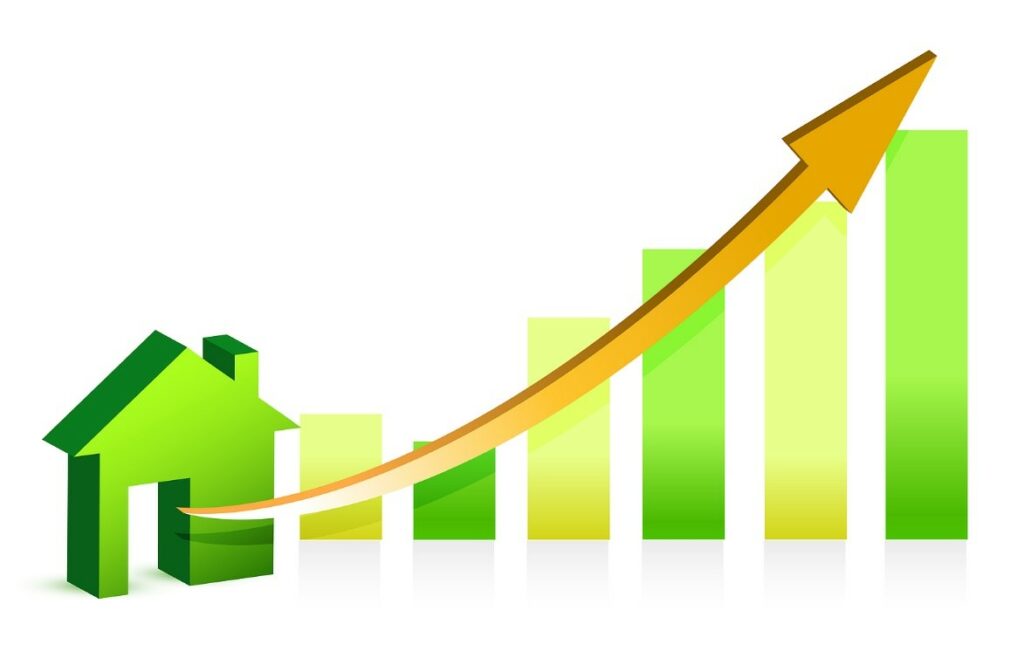
With that said, it’s important to note that not all buyers will be fully familiar with solar technology and the benefits it can provide, therefore this might make little difference in their view of a property. Also, whilst solar panels do increase a property’s value, this will only be the case if the solar panels are well maintained and work optimally.
How Much Will All This Cost and What Is the Payback Period?
Probably the most important question for any purchase is “How much will it cost?”, however, in the case of a solar network, this is a grey area. The reasoning for this is that they provide a great long-term investment, not only in sustainability but also in cost-saving on energy bills. For every month that a solar network is utilised, a significant chunk of energy will be used from solar technology rather than from the grid.
On the other hand, whilst there are benefits to be reaped in the long-term, that doesn’t take away from the fact that a substantial initial payment is still required. Solar panels on their own can cost anywhere from around £2,000 to £15,000 in most cases, and this excludes all maintenance costs that come around on a routine basis. On top of this, if you decide to invest in a battery energy storage system, this can also add thousands of pounds to the price, again excluding maintenance.
Thankfully, more and more government incentives and policies are being introduced which lessen the financial impact of solar networks, but costs can still be very high nonetheless.
The payback period measures the time it takes for a product, like a solar network, to recoup its initial investment. This period greatly depends on the type of system you choose. Opting for a top-tier, costlier solar panel set may lengthen the initial payback period due to the higher upfront costs. However, these pricier systems often prove their worth over time by providing superior energy efficiency and yielding a higher output of electricity.
Location is also an important factor that influences the payback period. Without a BESS, having solar panels in an area where the sun doesn’t shine much would probably mean that the payback period is much further in advance than it would be if there was constant sunshine.
The content of this blog post contains just some of the solar questions to ask your installer before purchase. It is very important to do your research and take on board the considerations mentioned here.


